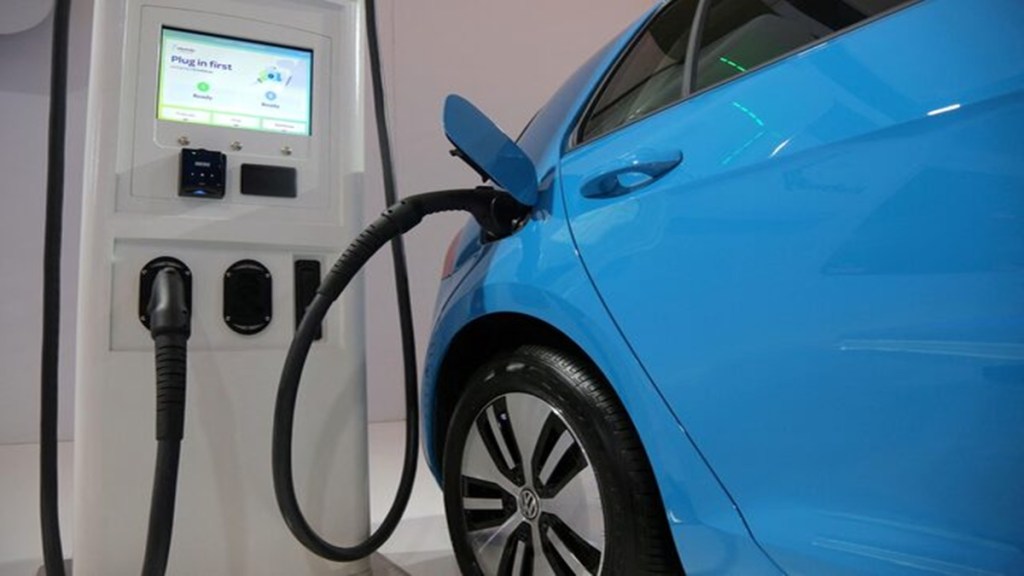In what could be a major setback for Indian EV and component manufacturers, China has restricted the export of rare earth magnets to India. This came into effect 4 April 2025 onwards. This could potentially have serious implications on India’s glorified aspiration of becoming an electric vehicle manufacturing hub for the global market in the future.
According to a CNBC TV18 report, automobile and component manufacturers have sought government intervention in this matter. This sudden restriction could disrupt supply chains and slow down EV production. As per China’s new policy, the rare earth magnets will be supplied to only those countries which provide end-user certificates to suppliers in the prescribed format.
The report states that the Chinese government is now demanding end-user certificates or releasing any exports of rare earth magnets. The certificate must also be endorsed by both the Indian Ministry of External Affairs and the Chinese Embassy. The importers must confirm that the magnets will not be used in weapons or transferred to any third party.
Rare earth magnets: Why so important for EVs?
Rare earth magnets play a crucial role in the manufacturing of electric vehicles (EVs) due to their exceptional magnetic strength and efficiency. These magnets, typically made from neodymium, iron, and boron, are key components in EV motors, where they help convert electrical energy into mechanical motion with minimal energy loss.
Their high performance allows for smaller, lighter, and more efficient motors, which contributes to extended driving ranges and improved overall vehicle performance. Rare earth magnets also enhance regenerative braking systems, which recover energy during deceleration. As the demand for cleaner transportation grows, the importance of these magnets continues to rise, driving innovation in motor design and battery integration.
However, their limited global supply and concentration in certain regions also raise concerns about sustainability and supply chain stability. Despite these challenges, rare earth magnets remain indispensable in the advancement of electric mobility and the transition toward a greener automotive future.
